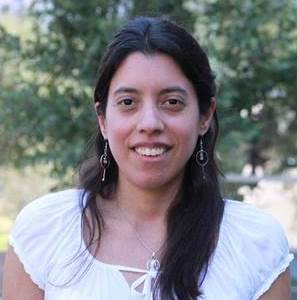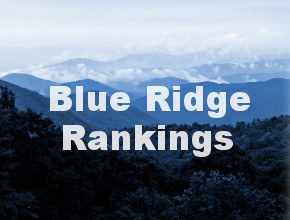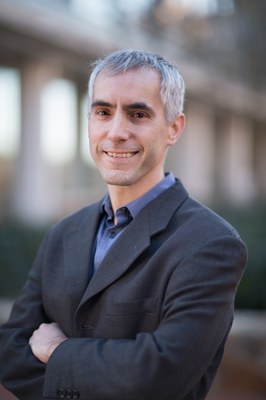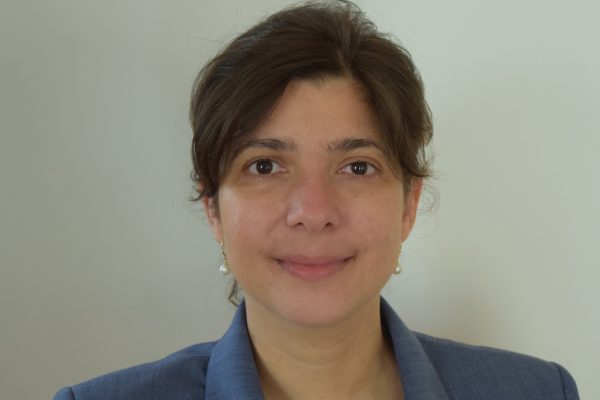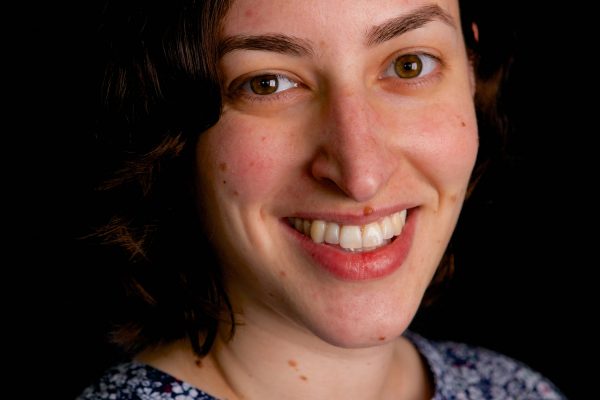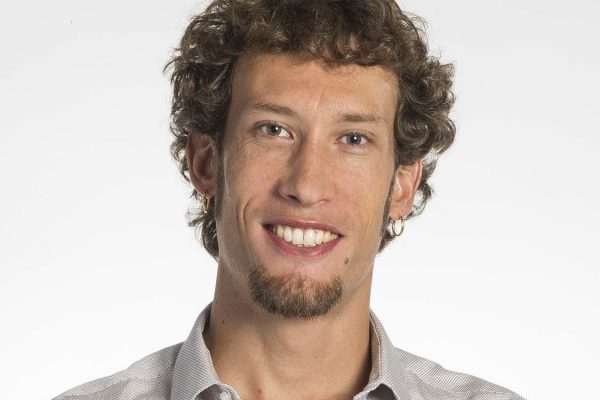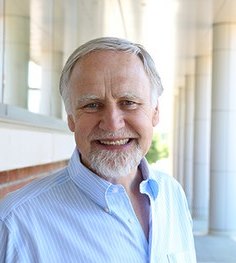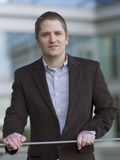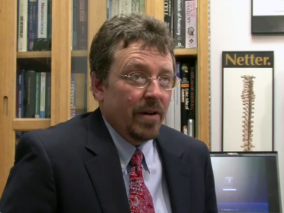
May 14, 2018
Dr. Ed Kernick receives Professor Award at Graduation 2018
CONGRATULATIONS to Dr. Ed Kernick for receiving the highly-distinguished "Professor Award" at graduation May 2018!! This award, selected by the senior class, is given in recognition of a faculty member who by his or her willingness, understanding and ability, has contributed the most to our students' medical education!

